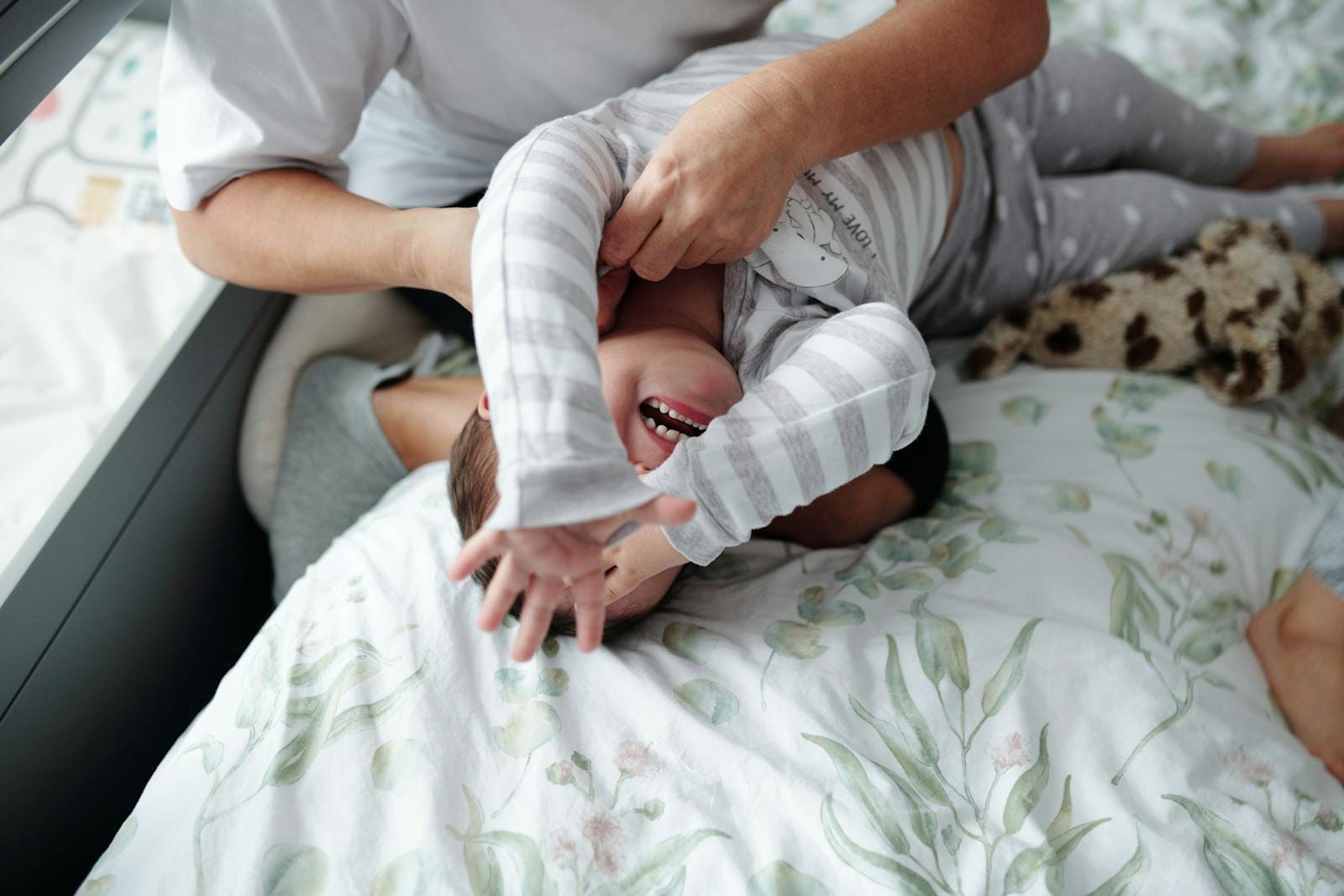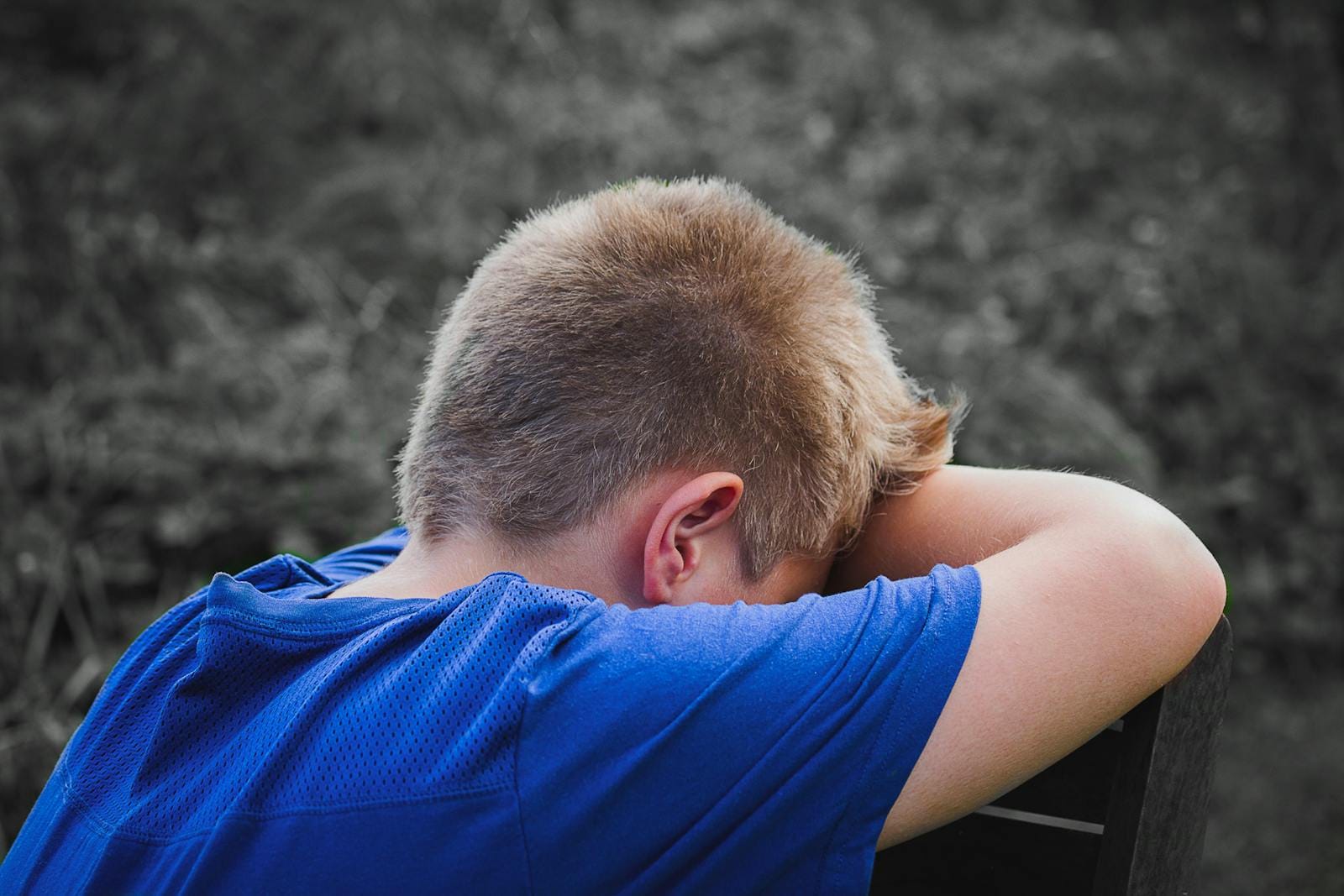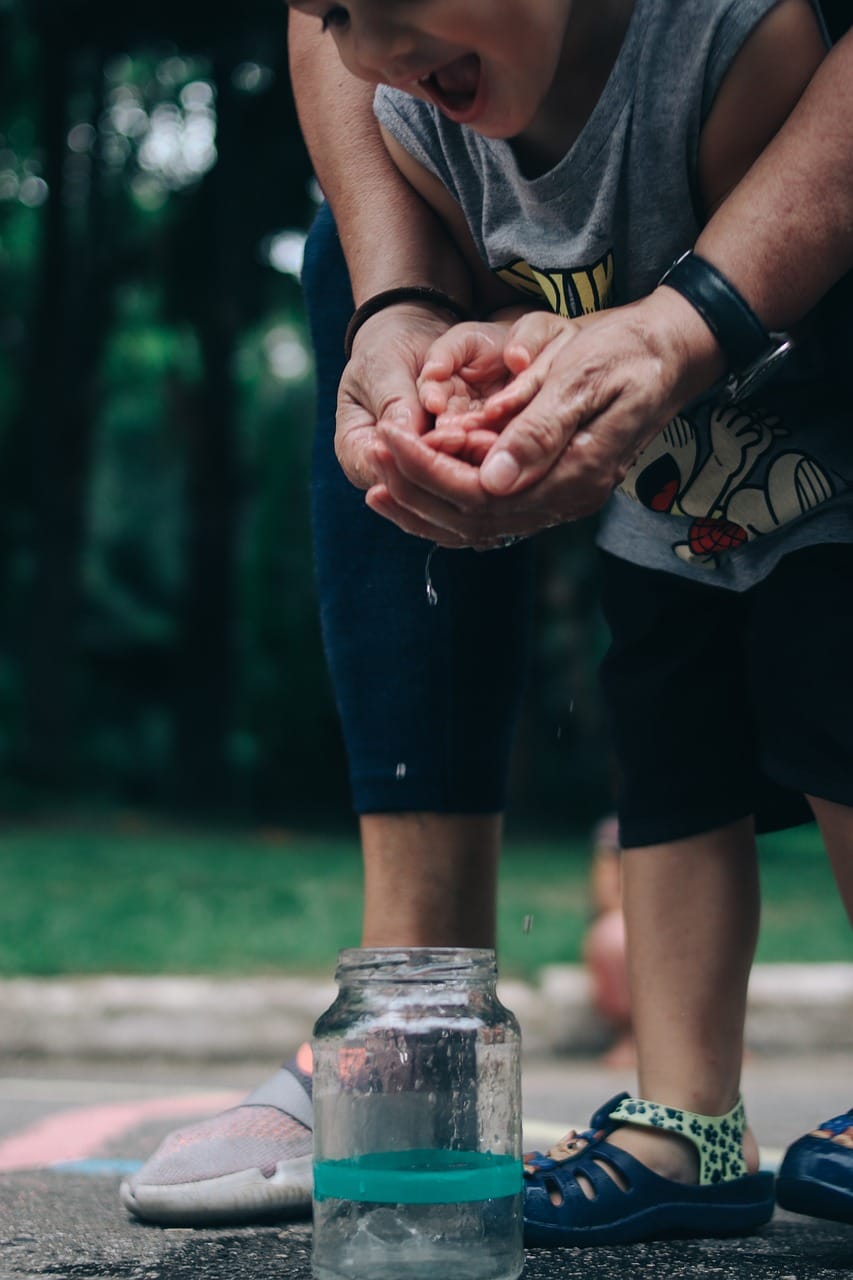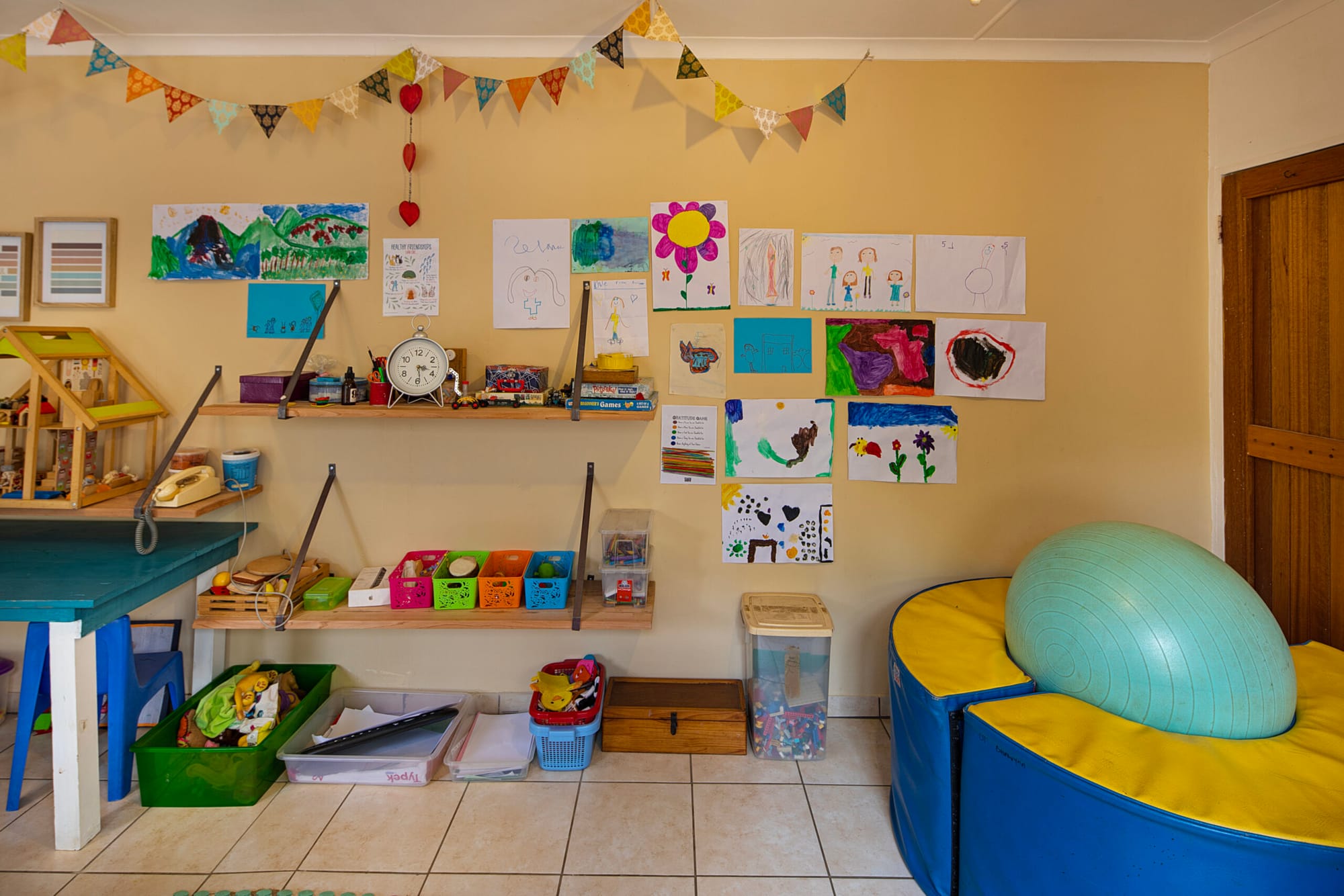What to try before bringing your child for Play Therapy
Discover strategies to support your child's emotional regulation at home before considering play therapy. Tips include quality time, listening, and self-care.
I often get asked a really good and important question:
When do I bring my child in for play therapy?
Most often, the thing that flags the need for play therapy is a child’s behaviour as they become dysregulated and struggle with day-to-day normal, healthy interactions.
Dysregulation is when the individual feels overwhelmed by emotions, often physically “off-balance” (stomach ache, headache, heavy or sore muscles to name a few) and just not themselves. Their response is to behave in ways that will attract help in order that they might feel like themselves again.
Dysregulation can lead to a “hyper-aroused state” in which one could be hyper alert and vigilant, anxious, breathless, irritable, and unable to settle in one’s thoughts and actions and a general sense of anxiety. You might see tantrums or meltdowns if your child is hyper-aroused.

Or, dysregulation can lead to a “hypo-aroused state” which looks like under-responsiveness, low mood, low energy, withdrawal from others, lethargy and even depression.

Dysregulation causes all sorts of behavioural issues in children that they are not able to manage on their own.
It is important to say here that dysregulation is a normal, everyday part of life for children and adults alike, we can become dysregulated for periods of time throughout everyday, but when we are generally healthy in mind and body, we are able to regulate ourselves. There are exceptions to this.
I want to invite you to think about the following actions that you can try at home that provide regulation for your child before considering play therapy.
Are you spending time with your child?
How much time have you spent with your child recently? All children need lots of our quality and quantity time. Have you been in a position to give time lately? If not, see if consciously spending more time with your child makes a difference. Quality time is about making the time together child-centred. Lots of parents bring their child along on their errands to spend time with them which is great, but time with them shouldn’t be limited to this. Even regular, but small doses of one-on-one time can make a huge difference. My recommendation when you’re really pushed for time is at least 15 minutes a day when your child knows you are completely focused on them, no distractions or devices. Just face-to-face, child-centred time.
Your child who needs regular doses of your undivided attention may be struggling if they’re not getting it. They may even interpret lack of time with you as lack of love and care. This can cause them to escalate their behaviour to get you to notice them.

What has changed?
Has your family been through any changes recently? It may even be a small change in your eyes, but it can still have a big impact on your child. Depending on their age, consider asking them about the change, what they think of it and how it is going for them. Notice when they have handled changes well and praise them for this.
You may also be anticipating a change, whether it is exciting or daunting, all change brings in the unknown which children do need help navigating. Lisa Dion describes “the unknown” as one of the 4 major threats to the brain. You can learn more about it in her podcast here.
Often, simply by acknowledging the impact of change on your child, you can help them to settle and become regulated.
Heads, shoulders, knees, toes and tummy…
Think about your child in totality. How are they doing at school? How has their health been? What is their diet like? How active are they? (Children need at least an hour of physical activity every day). How much screen time are they getting? (Children under 12 should have no more than one hour per day – preferably less than an hour daily).
If something in their daily life is very out of balance, consider looking a little deeper into this and what you could try and tweak. They might need more of something and/or less of something else.
Where is the fun?
Children need play, fun and joy to thrive and grow. In the day-to-day hustle do you find yourself only barking orders and talking to your children only when you need to tell them what to do or not do? It is easy to fall into this pattern when there is so much going on and so much to remember to get done. You’re doing it for them, after all, right?!
Find time for a bit of silly in the daily hustle, it’s good for you and for them. Tell a joke or two over breakfast, pull a prank (if you can bear the inevitable retaliation!), give time to kick a ball or play dress-up. Do something fun and uncharacteristic with your children, they’ll love it!

Listen
You know something is up with your child, or you wouldn’t be considering play therapy. Make sure you’ve taken time to listen; by noticing their body language and actions, by talking to them and really listening to their answers. Make sure they know you truly are there to listen and not lecture. You’re not asking them to explain themselves to you, you’re asking how they’re doing and what their perceptions are about life right now.
Look after yourself
Perhaps the hardest for parents, but consider how you care for and love yourself. Dan Siegel says “The number one predictor of a child’s well-being is a parent’s self-understanding.” If you’re working on caring for yourself, you will have better outcomes for yourself, your child and your relationship with your child. If you’re parenting with nothing left to give, consider investing in external support for yourself first (yes, I am saying put yourself first). Whatever external support you choose should help you to regulate yourself more consistently, which in turn will help you to be there to regulate your child.
I’ve tried all of this and nothing has changed…
Well, it might be time for play therapy. But here is what I believe is true: You are what your child most needs. Play therapy is hopefully a support and enhancement to that relationship.

There are times in life when we are simply not able to regulate ourselves at all and outside support and help for ourselves and our children is necessary.
Examples could be when you are experiencing ongoing stress that is beyond your capacity to manage, a mental health condition, separation or divorce, significant loss, and trauma. What is happening for you, impacts your child too even though they may not have cognitive knowledge of the situation.